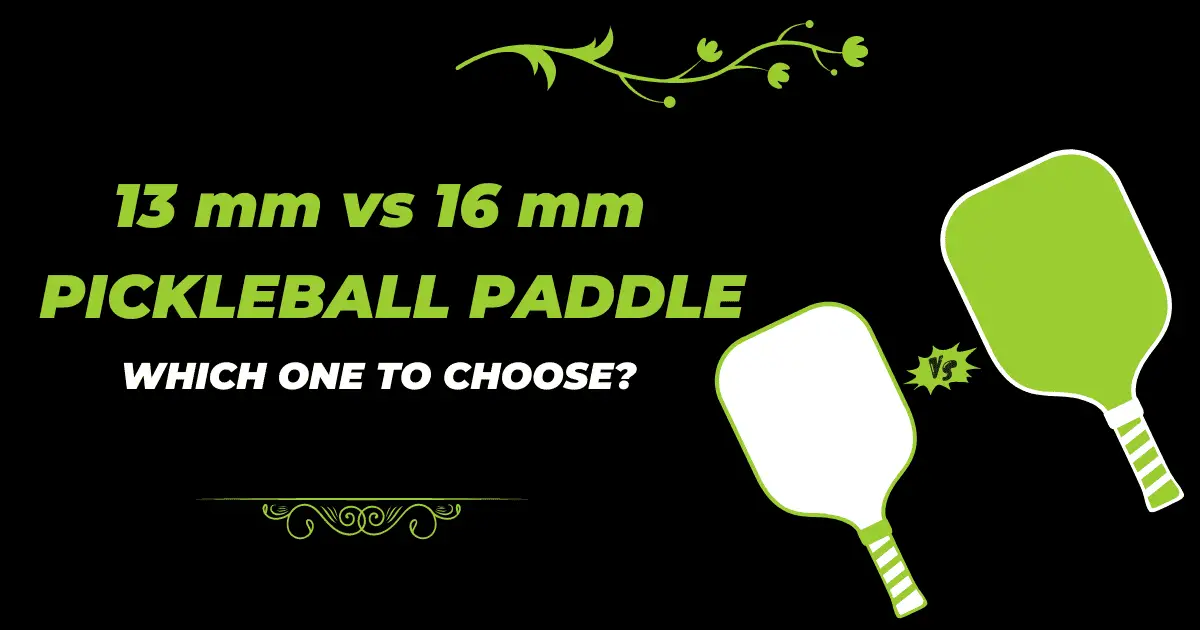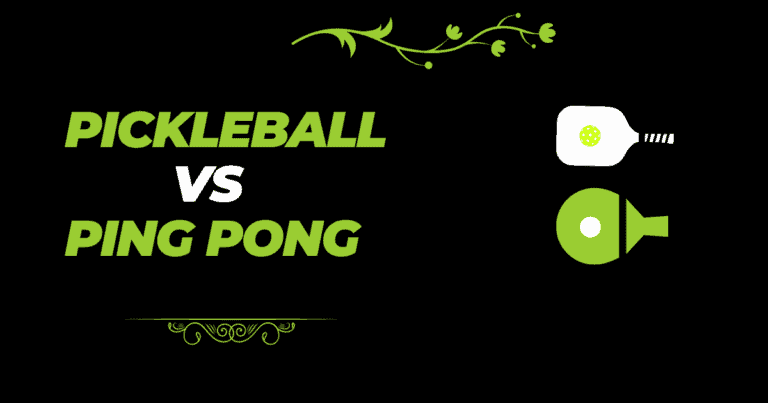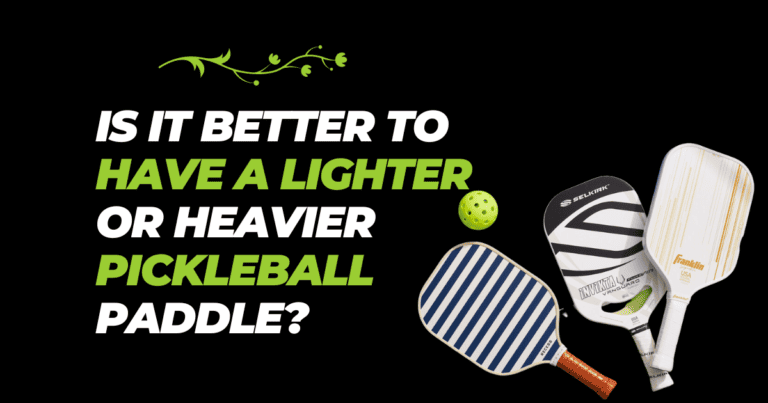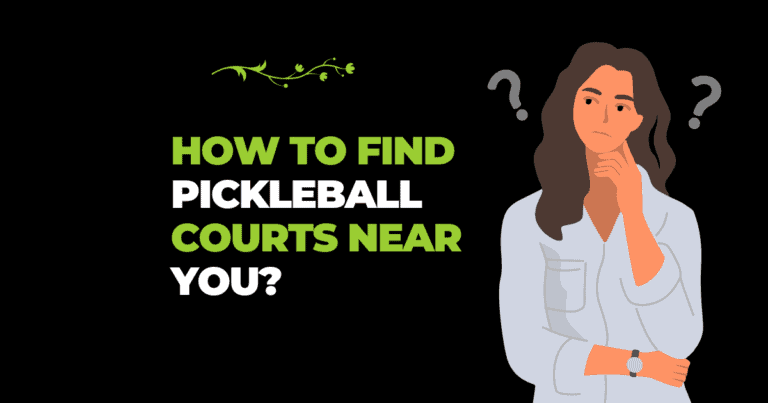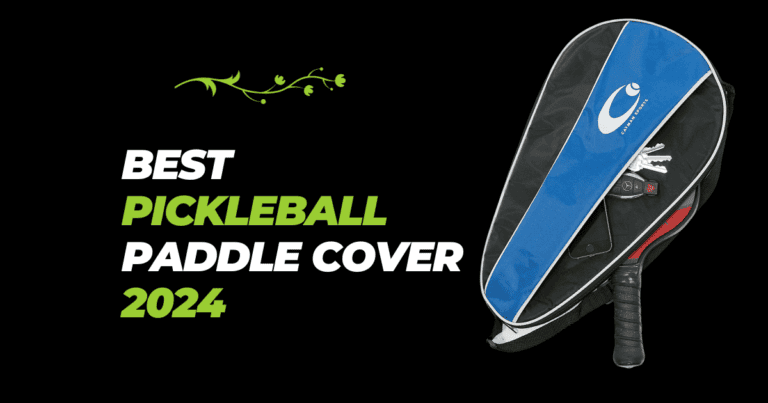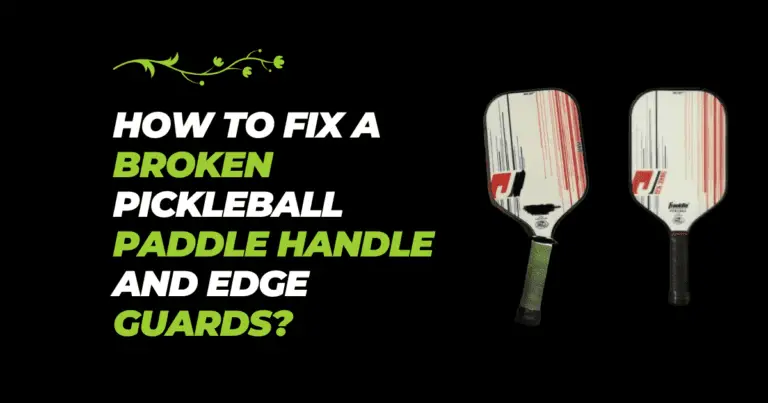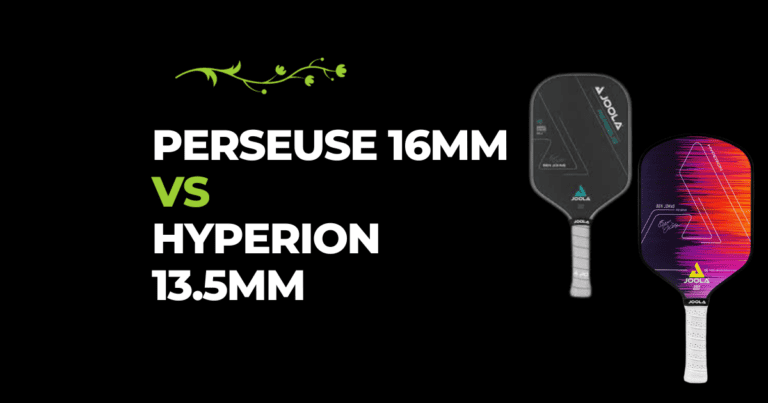Pickleball has become very popular quickly, attracting players of all skill levels. It’s a fun and competitive sport that mixes tennis, badminton, and ping-pong.
One important thing that affects a player’s performance is their equipment, especially the paddle. When choosing a paddle, the thickness of the core, measured in millimeters, is a key factor.
13mm Vs 16mm Pickleball Paddle – Which One is Better?
If you are new to pickleball, you might have heard a debate between 13mm and 16mm pickleball paddles. This article will help you understand which one suits your playing style and preferences better.
5 Factors of Pickleball Paddle to Consider
To decide which pickleball paddle you should start with, you should know the factors both 13mm and 16mm provide while playing.
The Core Thickness Difference
The core thickness refers to the internal composition of the paddle, which plays an essential role in determining its performance characteristics. A 13mm paddle has a thinner core, while a 16mm paddle has a thicker core. This minor difference can actually have a significant impact on how the paddle performs on the court.
Control vs. Power
One of the primary distinctions between 13mm and 16mm pickleball paddles lies in the trade-off between control and power. A 13mm paddle typically offers more control over the ball. The thinner core allows for better finesse shots, improved placement, and enhanced ball manipulation.
Players prioritizing precision and strategic plays often opt for 13mm paddles because they provide more excellent responsiveness and a higher degree of touch.
On the other hand, a 16mm paddle tends to offer more power. The thicker core generates extra force when striking the ball, resulting in shots that travel faster and with more momentum. Players who prefer an aggressive playing style and enjoy smashing the ball might find the 16mm paddle more suitable.
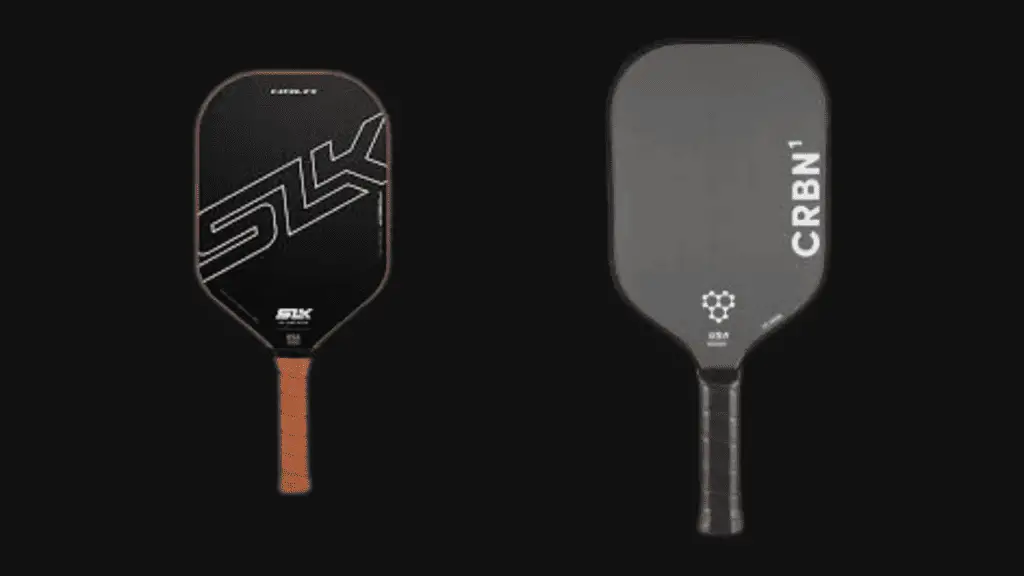
Comfort and Feel
Comfort and feel are the most important factors for pickleball paddles. Although it depends on you whether you choose 13mm or 16 mm, it can significantly affect your overall playing experience.
A 13mm paddle’s thinner core generally means lighter weight and better maneuverability. This can especially benefit players concerned about arm fatigue or favor a finesse-based game.
In contrast, a 16mm paddle’s thicker core may feel slightly heavier in the hand. While this might increase power, it could lead to more strain during extended play sessions. However, some players appreciate the solid feel and stability that a thicker core can provide, particularly during intense rallies.
Sweet Spot and Forgiveness
The sweet spot is the area on the paddle’s surface that allows for the cleanest and most effective ball contact. When comparing 13mm and 16mm paddles, there’s a subtle distinction in the sweet spot’s size and forgiveness.
A 16mm paddle often boasts a more prominent sweet spot due to the increased surface area, making it slightly more forgiving when shots aren’t perfectly centered. This can be advantageous for players still developing their skills and requiring a bit more room in their shot placement.
Conversely, a 13mm paddle’s more minor sweet spot demands greater precision. While this might seem challenging, it can actually help players refine their technique and consistency over time. Skilled players confident in their shot accuracy might appreciate the focused feedback that a smaller sweet spot provides.
Noise and Vibration
Another aspect that players often consider is the noise and vibration produced upon striking the ball. A 13mm paddle generally produces less noise and vibration than a 16mm paddle. The thicker core of a 16mm paddle can create a louder, more resonant sound upon impact, which some players find satisfying, while others might consider it distracting.
The reduced vibration in a 13mm paddle can benefit players sensitive to feedback through the paddle or those who have experienced discomfort in their wrists or arms while playing with paddles that transmit more vibrations.
Final Thoughts
In the debate between 13mm and 16mm pickleball paddles, there’s no definitive answer as to which one is objectively better. The choice ultimately depends on your individual playing style, preferences, and priorities on the court.
If you value control, finesse, and a lighter paddle, a 13mm option might suit you well. This paddle type is particularly favored by players who prioritize placement, strategy, and precision shots.
On the other hand, if power, aggressiveness, and a slightly heavier feel resonate with your playing style, a 16mm paddle might be your ideal choice. Players who enjoy fast-paced, aggressive rallies and want that extra punch in their shots often lean toward thicker core paddles.
Ultimately, the key to making the right decision lies in understanding your strengths, weaknesses, and the aspects of your game that you want to enhance. Trying out both types of paddles and gathering firsthand experience can be invaluable in determining which thickness best complements your playing style and contributes to an enjoyable and successful pickleball journey.
Frequently Asked Questions
Which paddle is better for a beginner player?
A 13mm paddle is a better choice for beginners due to its emphasis on control and finesse. The smaller sweet spot can encourage players to refine their technique and accuracy, ultimately helping them develop a strong foundation in the sport.
Can a 16mm paddle be used for finesse shots?
Yes, 16mm paddles are often associated with power, they can still be used for finesse shots. However, players should be prepared for a slightly different feel and adjust their technique to harness the thicker core’s potential for power.
Share any helpful tips you have in the comments!
Learn: Are Hoka Shoes Good For Pickleball?, Lucy Kovalova, Top Richest Pickleball Players, Top Female Pickleball Players , Top Men’s Pickleball Players
Equipment: Best pickleball paddles under $100, Where to Rent Pickleball

